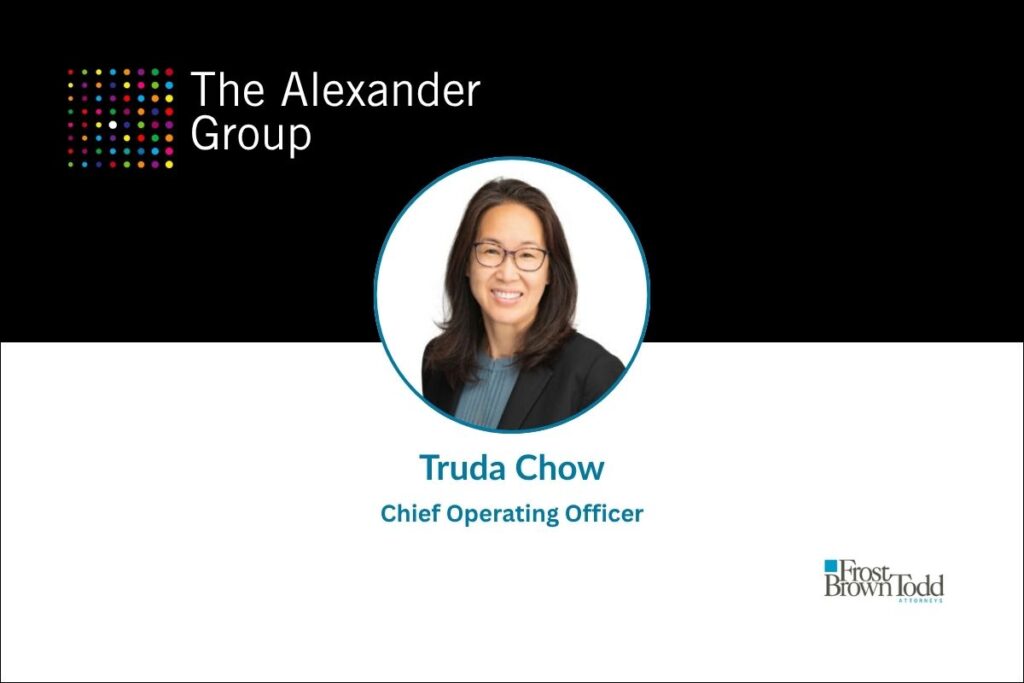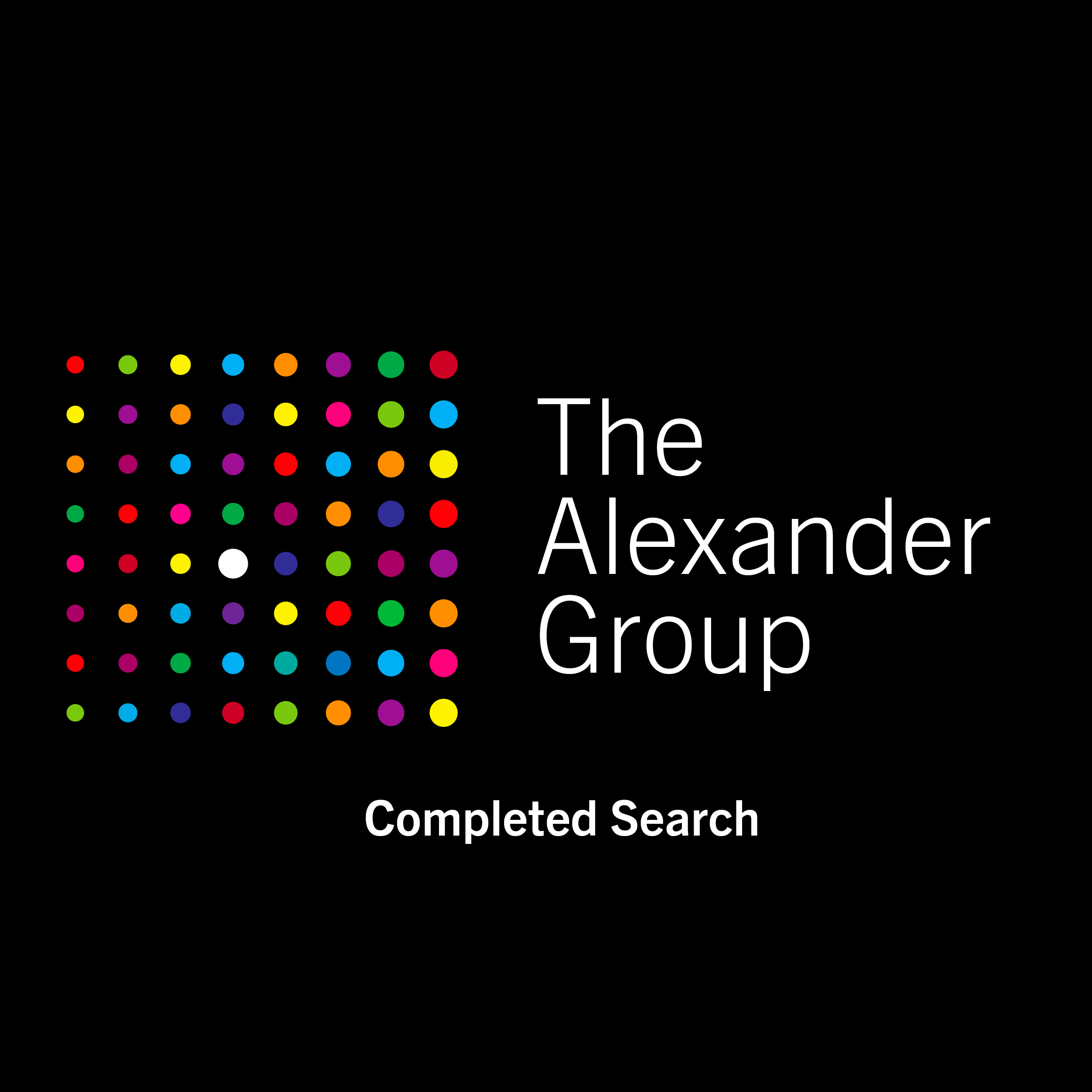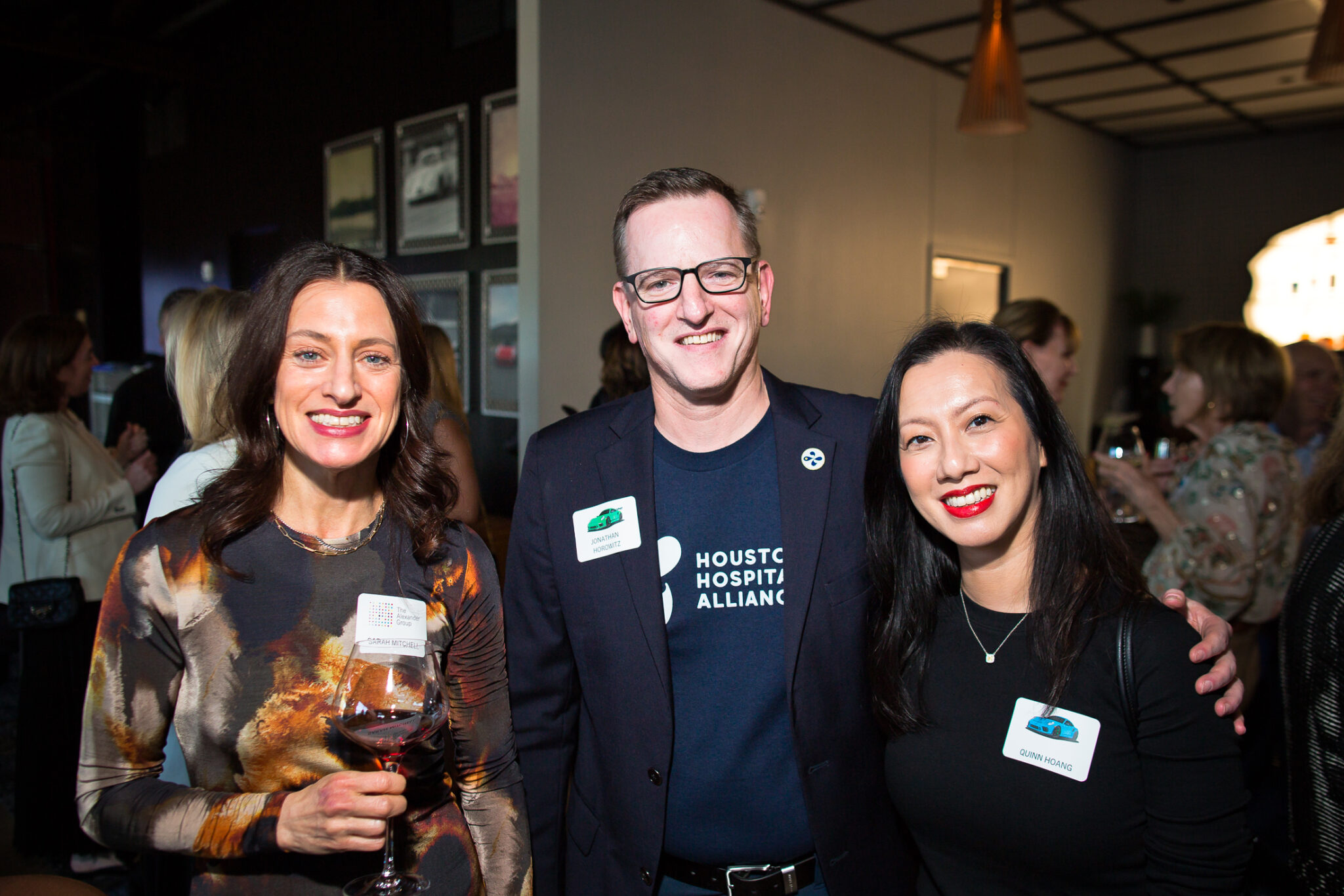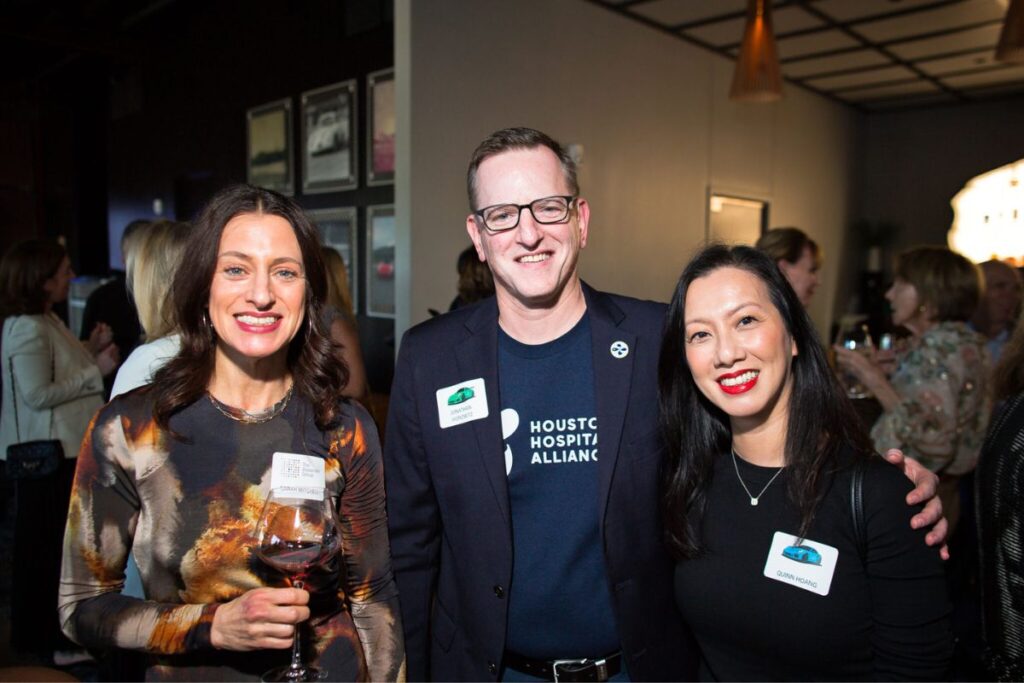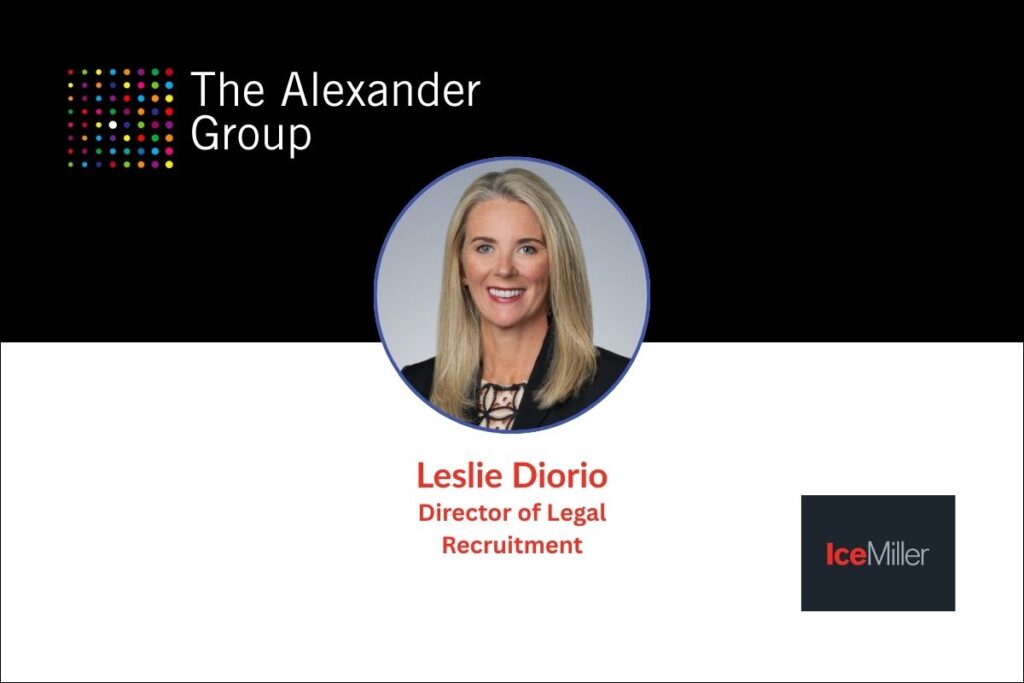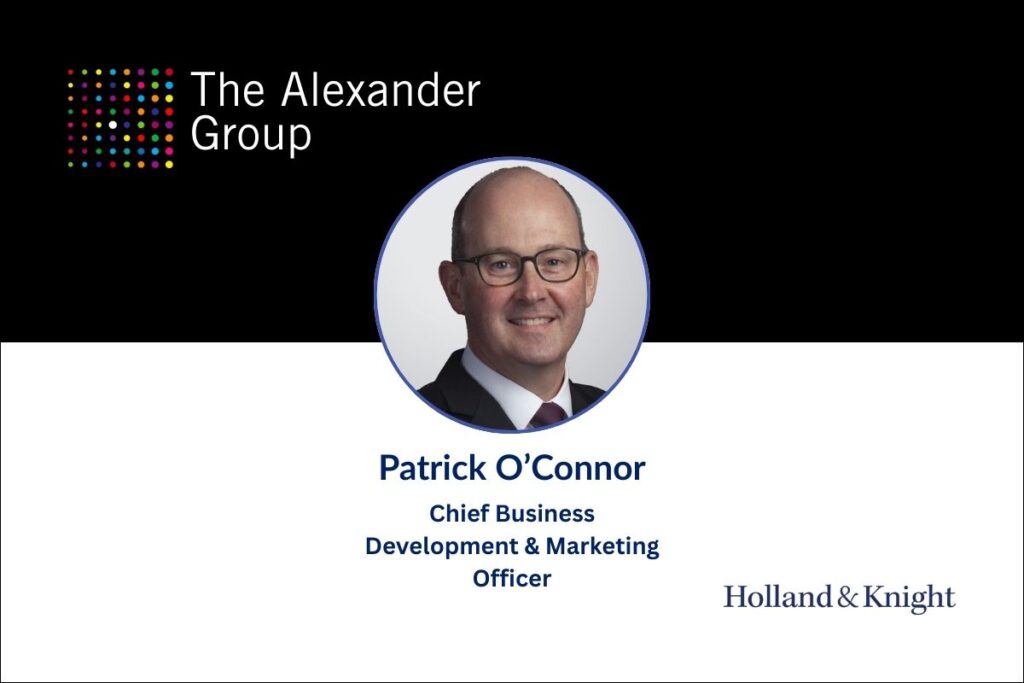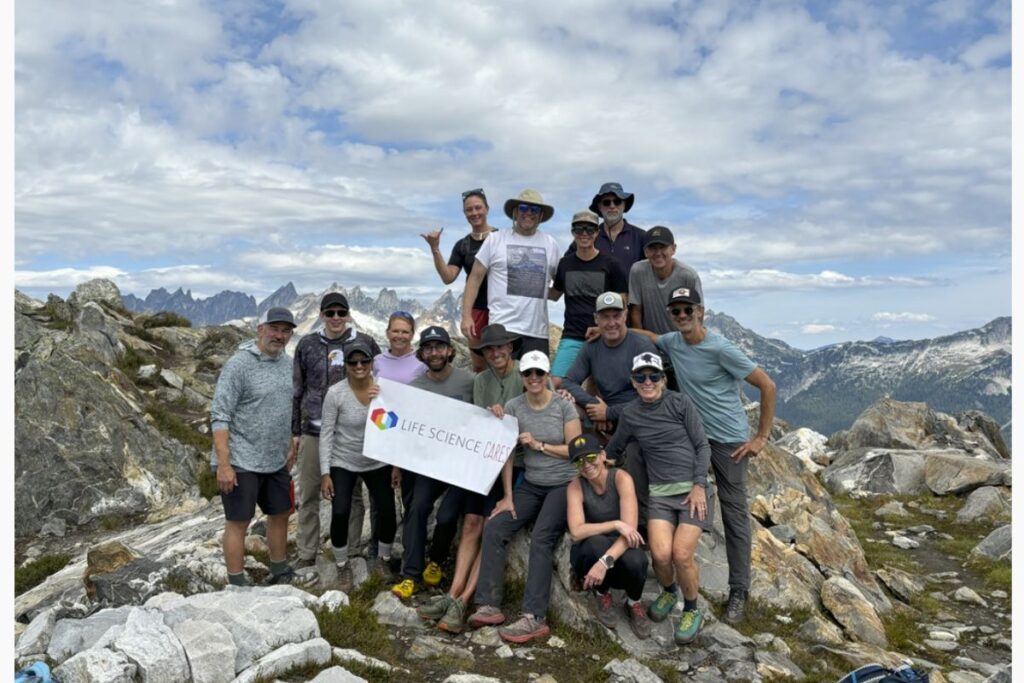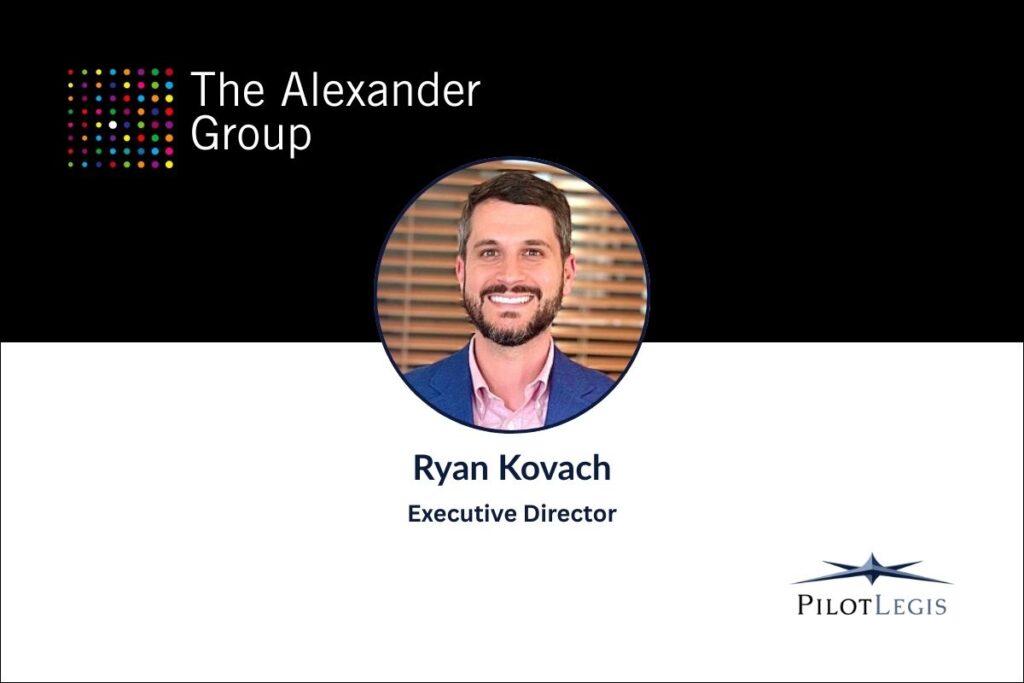Rob Perez is a biopharmaceutical operating executive with more than 30 years of experience in the industry. He currently serves as an Operating Partner at General Atlantic, a global growth equity firm, providing strategic support and advice to the firm’s life sciences investment team and portfolio companies. Rob was President and CEO of Cubist Pharmaceuticals, Inc. before its sale to Merck in 2015. Before joining Cubist in 2003, he served as Vice President of Biogen, Inc.’s CNS Business Unit.
Rob is the Founder and Chairman of Life Science Cares, an organization providing human and financial capital from the life sciences industry to the best non-profits working to alleviate the impact of poverty in the US. Life Science Cares now operates in Boston, San Diego, Philadelphia and the San Francisco Bay Area.
Additionally, Rob is the co-founder of Biopharma Leaders of Color (BLOC), a community of leaders united to advance the success and access of under-represented people of color throughout the life sciences industry.
Rob also serves on the Board of Trustees of The Dana Farber Cancer Institute.
In 2022, Rob was selected by STAT News as one of 46 inaugural members of its’ STATUS List, which was described as “the most definitive and consequential accounting of leaders in health, medicine and science.”
We are honored to have Rob contribute to our blog. His two-part series explores the energy it takes to be different in a work setting and how to maintain your authentic self, while also working hard to fit in.
I wrote an article several years ago about the value and benefit of being different.
While I stand by the point of view I expressed at the time, that difference can be a “super power”, my appreciation has grown for how difficult it can be for those who are different than the vast majority of their colleagues in work and social settings.
As I read that blog now, I admit I significantly under-represented the challenges of trying to maintain your authentic self, while also working hard, consciously and unconsciously, to fit in.
By way of example, I recently had an all-too-familiar experience of engaging in a candid and deeply emotional mentorship conversation with a young person of color, who was trying to navigate a work environment very foreign to her. She was working exceptionally hard to try and fit in, and expending a ton of energy doing so. Within minutes of the initiation of our conversation, after communicating to her I recognized how amazing she is (not hyperbole, she REALLY IS amazing) and that her authentic self was extraordinary and worthy of admiration, she was trying to hide her embarrassment because she had broken down into tears for a reason neither she nor I could completely understood.
I was struck by how frequently these emotional (to the point of tears) discussions occur when I work with people who are trying to fit into an environment in which they are different than the vast majority. It reminded me of how often, both now and especially earlier in my career, I have also been on the verge of a surprising break down when I have to summon and sustain the energy to perform in a setting that is unfamiliar and uncomfortable.
As I contemplated this phenomena, it struck me that it might be insightful to explore my own thoughts about the energy that it takes to be different in a work setting. My goal is both to appreciate and recognize the challenges that my diverse colleagues endure on a daily basis, and also to highlight and enhance the awareness and sensitivity of my majority friends, to the very real hurdles that must be overcome by those who are trying to adapt to an environment that isn’t second nature.
I’m often in business and social settings where my ethnicity and socioeconomic and/or academic pedigree are different than most of the people with whom I interact. However, difference can be many things to many people. Race, gender, sexual orientation, socioeconomic background, education, physical appearance, age, introversion/extroversion, physical or mental disability, geography/national origin, or even a perceived lack of happiness and success relative to others who present an over-hyped version of their lives on social media, are all examples of areas in which feelings of difference from the majority can make things complicated in a work or social environment.
Difference is not “in the eye of the beholder”….it is defined and experienced by the person his/herself, and it is never right or wrong. It just…is!
The best way I can describe operating with this feeling of difference is that it is similar to a computer laboriously running at full power just to accomplish a basic task. Customized computers that have been designed since inception to accomplish the task use much less energy and computing power, because they have been wired and programmed to operate in this environment since the day they were built.
Computers with different wiring can still get the job done, but it takes extraordinary CPU energy to do so, because the wiring has additional complexity needed to get the job done. When challenged to perform a task, folks who are different not only have to think about how to deliver on the task, but ALSO have to consider how they are being perceived, how their words and actions will land, whether there are stereotypes or narratives that will disrupt and hijack their message, and try to make adjustments on the fly. They don’t have the benefit of solely focusing on what is needed in the moment, but also have a parallel process running in their head about whether they are performing in a way that is acceptable and consistent with the persona they want to present to their majority colleagues.
This is a good time to take a moment and point out that this “energy tax” exists even in environments where the majority have absolutely no awareness or intention of negative bias or prejudice. The additional energy may even be completely unnecessary (ie everyone WANTS you to feel accepted and comfortable, and would be horrified to know that you are expending additional energy to keep up), but the perceived burden is what it is, and the additional energy discharged to operate effectively occurs as naturally as the blinking of your eyes.
Please visit The Alexander Group blog, Thursday, March 16, for the conclusion of Rob Perez’s blog.


